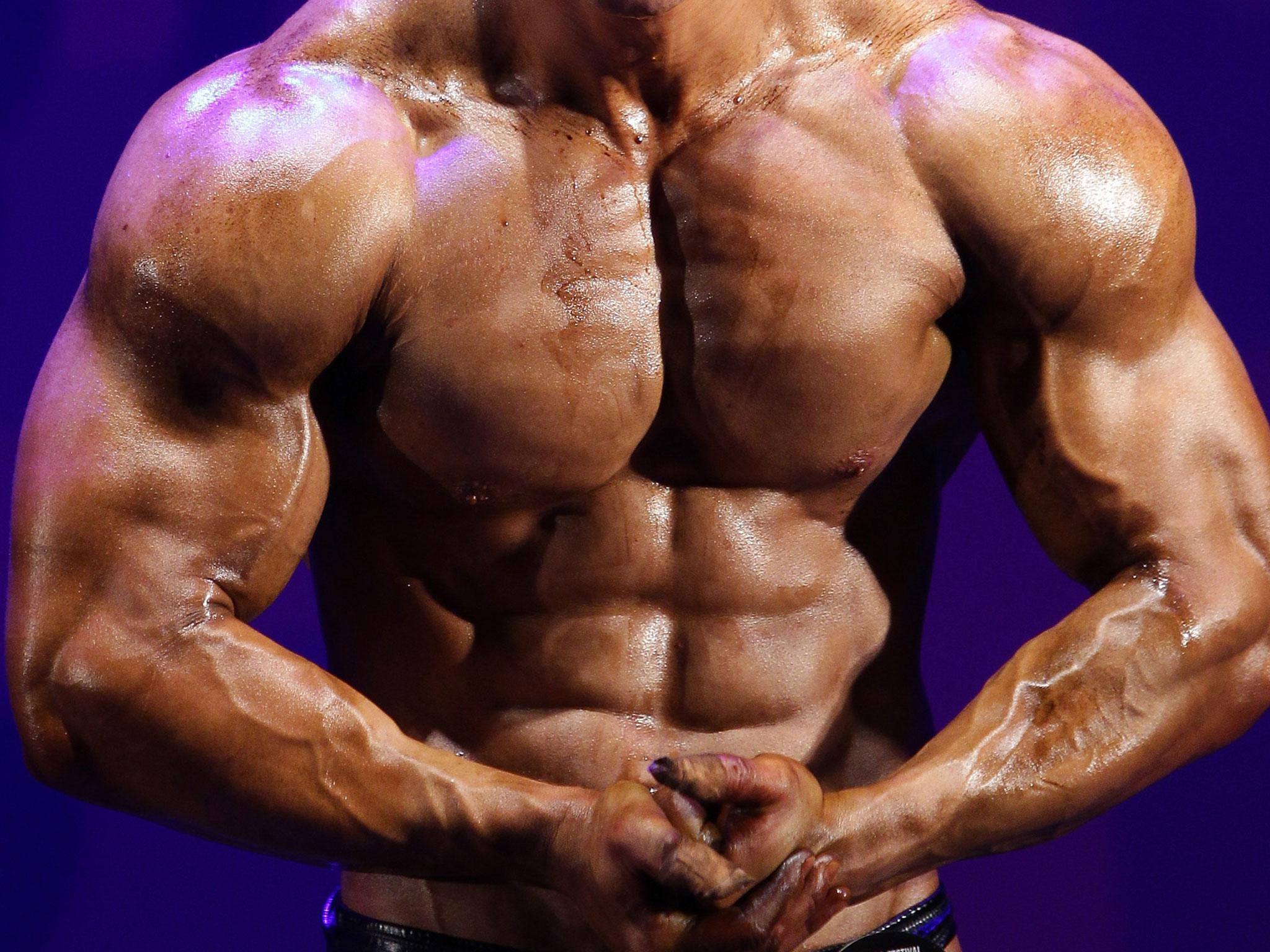I had bigorexia, and it's much more damaging than you could ever imagine
If we don't start tackling male body dysmorphia - especially in the fitness community - then we risk an epidemic

Your support helps us to tell the story
From reproductive rights to climate change to Big Tech, The Independent is on the ground when the story is developing. Whether it's investigating the financials of Elon Musk's pro-Trump PAC or producing our latest documentary, 'The A Word', which shines a light on the American women fighting for reproductive rights, we know how important it is to parse out the facts from the messaging.
At such a critical moment in US history, we need reporters on the ground. Your donation allows us to keep sending journalists to speak to both sides of the story.
The Independent is trusted by Americans across the entire political spectrum. And unlike many other quality news outlets, we choose not to lock Americans out of our reporting and analysis with paywalls. We believe quality journalism should be available to everyone, paid for by those who can afford it.
Your support makes all the difference.In 2012, I entered the gym for the first time as a 15-year-old. The aim was to become everything I wasn't: strong, muscular and lean. I wanted to become the biggest and strongest version of myself possible.
This journey started, alongside my gym regime, with reading up on forums and online articles about how best to achieve that challenge. These forums and outlets told me to eat 'mass gaining foods' like chicken, beef, rice, pasta, peanut butter, and to drink protein shakes. They said that 'lift big, eat big' is the only lifestyle you can follow to get a 'dream body', and that if you don't achieve this, you're just not dedicated enough to being the best. Challenge accepted.
After a year of following a lifestyle of heavy weight training and huge portions of the same foods every day, the results were showing. I was demonstrably bigger and stronger – those around me noticed, and mentioned it – but I felt lost, unhealthy and miserable about the way that I looked. Paradoxically, I felt that I was too skinny and needed to put on more muscle, but also believed I was too fat and needed to get leaner. When I felt motivated about one, I was daunted by the other.
Meanwhile, my eating patterns had spiralled out of control. I would only eat foods that were guaranteed to give me mass, and my paranoia about ingesting the wrong thing led to me refusing to go out to eat or to eat things prepared by other people in my family. I developed a habit of standing topless in front of the mirror obsessively. And then, one day, I caught myself carrying out these rituals and realised something wasn’t right.
I asked myself: why am I dedicating my time to training and eating to get in the best shape of my life when it's making me hate my body entirely? Surely something has gone amiss. The challenge I'd accepted was warped.
Gym selfies, protein shakes and "impressive one rep maxes on benchpress" are just some of the posts constantly circulating social media within the fitness community, blogs and outlets which are commonly followed by those involved in sport and exercise. But there is a side to that lifestyle that many people do not see – not because they are blind to it, but because it’s an entirely unspoken problem.
The latest media concerns about so-called “bigorexia” – defined as “a mental disorder in which a person becomes obsessed with the idea that they are not sufficiently muscular” – encapsulates the issue entirely. According to a recent article by the BBC, it is believed that at least 1 in 10 men in gyms suffer from the condition.
With the prevalence of fitness magazines, billboards, reality TV shows and the 24/7 pressure of social media it is perhaps unsurprising that some men feel as though they aren't in good enough shape in comparison to celebrities and those they see around them. And with the fitness industry growing, weight training becoming more popular and consumption of supplements such as protein shakes on the rise, it is fair to say that men are now just as targeted as women by the ‘ideal body’ machine.
When I realised I had a problem, I decided to speak to a good friend and mentor of mine, who told me that what I was experiencing wasn't uncommon; he mentioned that he’d suffered from the same thing himself. He guided me towards a balanced diet and a less punishing exercise regime, which was still completely sustainable for the competitions that I wanted to pursue. And in July 2015, I won my first teen Fitness Modelling show. I was absolutely ecstatic after I had won - not because of a plastic trophy, but because I’d been able to win it while physically and mentally healthy.
These days, I am routinely approached by young men asking me for guidance on achieving their ideal physique, and I’m careful to impart the wisdom that was passed on to me about controlling bigorexia. Health and fitness should be about self-improvement, not self-destruction. These conversations are rarely had in the world of weight training, but they need to become commonplace: male body dysmorphia looks from where I’m standing to be a huge problem, and if we don’t address it now, it risks becoming an epidemic.
Join our commenting forum
Join thought-provoking conversations, follow other Independent readers and see their replies
Comments